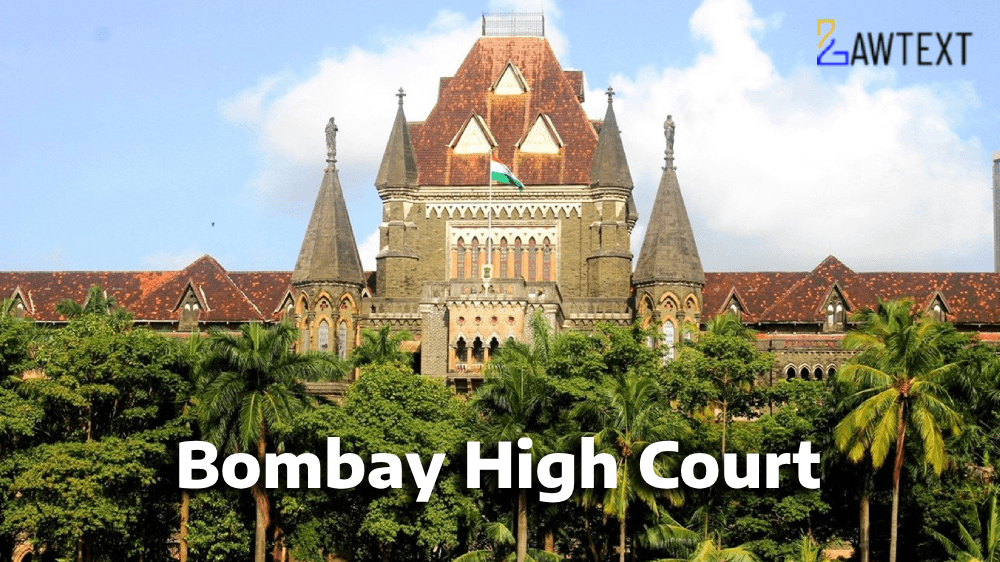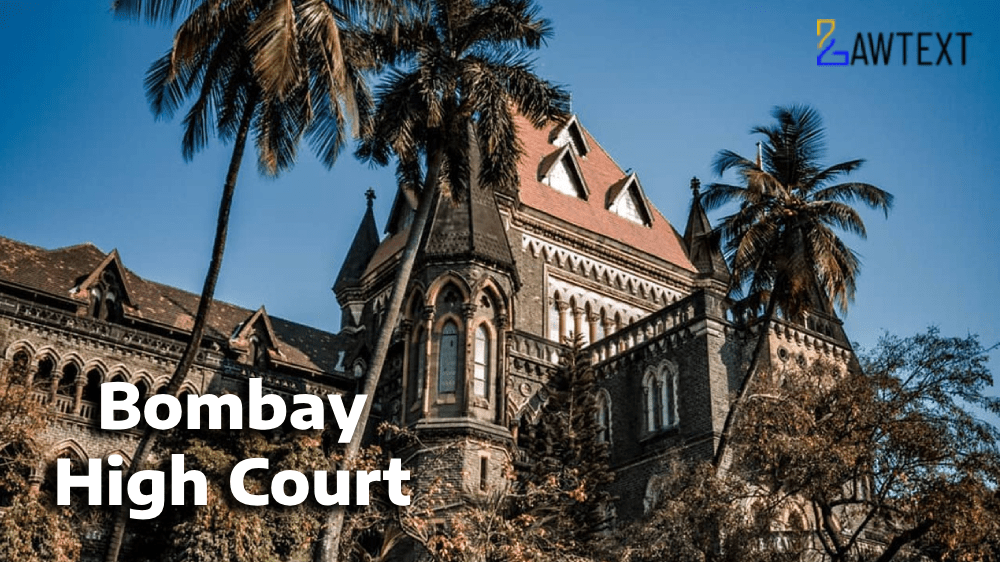Case Note & Summary
Appeals filed under Section 173 of the Motor Vehicle Act against a judgment and award issued by the Motor Accident Claim Tribunal in a case involving a fatal accident. The appeals were filed by the insurer and the claimants, respectively, disputing liability and the adequacy of compensation. The case involves the death of Annasaheb Shermale in a road accident while traveling in a Tempo. The claimants sought compensation, alleging negligence on the part of the driver, while the insurer argued that the deceased was a gratuitous passenger, not covered under the policy. The Tribunal initially ruled in favor of the claimants but directed the insurer to satisfy the award and recover the amount from other respondents.
Introduction: Appeals filed under Section 173 of the Motor Vehicle Act.
Consent for Final Hearing: Parties agree to proceed with final hearing.
Nature of Appeals: Appellant-insurer disputes liability, claimants contest inadequate compensation.
Case Background: Details of the accident, claim for compensation, and arguments presented.
Tribunal's Decision: Tribunal concluded the deceased died due to the accident and assessed compensation. Insurer's defense accepted partially, directing them to pay initially and recover from others.
Insurer's Appeal: Insurer contests Tribunal's decision, arguing the deceased was a gratuitous passenger.
Claimants' Appeal: Claimants seek enhanced compensation, disputing the Tribunal's assessment.
Supporting Arguments: Advocates present arguments supporting their respective appeals, citing legal precedents.
Analysis of Tribunal's Decision: Examination of Tribunal's ruling and its alignment with legal precedents.
Reassessment of Compensation: Claimants propose a reassessment of compensation based on various factors.
Order: Tribunal's award is modified, dismissing insurer's appeal, partially allowing claimants' appeal, and modifying the original judgment and award.
Award Modification: Details of the modified award, including compensation amount and instructions for its disbursement.
Issue of Consideration: United India Insurance Company Ltd. Versus Smt. Sangeeta W/o Annasaheb Shermale Ors.
Premium Content
The Issue of Consideration is only available to subscribed members.
Subscribe Now to access critical case issues







